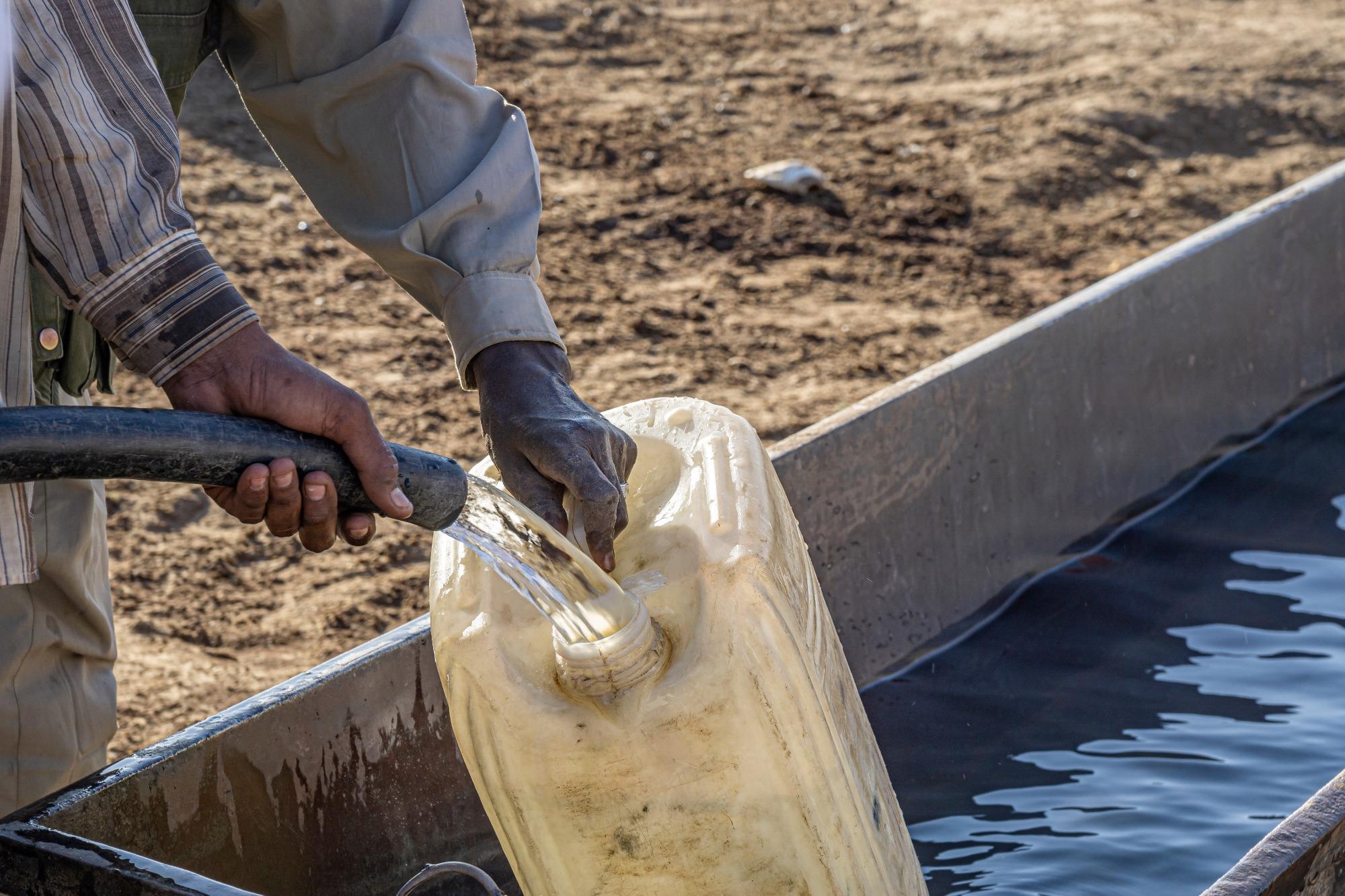
Image Credit: Shutterstock.com/Torsten Pursche
The hydrogeological mapping conducted by the MLMapper program in the areas of Bamako and Koulikoro (Mali) and Ouadda (Chad), respectively, are described in the publications published in Hydrology and Earth System Science and Geocarto International.
Goal 6 of the Sustainable Development Goals is “Ensure access to water and sanitation for all.” Groundwater plays a critical part in the provision of drinking water in Sub-Saharan Africa, yet the percentage of wells that reach water is frequently less than 30%.
This is mainly because of a lack of hydrogeological knowledge, with the practical consequence that millions of euros of humanitarian aid are lost in fruitless drilling operations.
Víctor Gómez-Escalonilla Canales, Researcher, Department of Geodynamics, Stratigraphy and Palaeontology, Universidad Complutense de Madrid
The key contribution of this research, according to one of the authors, a geologist added, “Use of machine learning techniques to produce maps of aquifer resource potential in remote regions.”
Prior Water Sources and Explanatory Variables Are Vital
The researchers used two types of data to perform these studies: first, a database of water sources with information on well success, and second, factors such as the type of rock or topographical features that might impact the presence of successful wells.
Machine learning algorithms search for patterns in these explanatory factors that lead to a certain result. If the validation procedure yields good outcomes, the patterns can be generalized to places where data is scarce. This enables the forecasting of whether or not the hydrogeological conditions in such areas are favorable.
One of the benefits of this type of research is that much of the work can be performed at the faculty offices, although the results subsequently need to be verified on the ground. This serves to reduce both the expense and the risks associated with hydrogeological prospecting missions in remote regions.
Víctor Gómez-Escalonilla Canales, Researcher, Department of Geodynamics, Stratigraphy and Palaeontology, Universidad Complutense de Madrid
The University of Neuchâtel in Switzerland helped create the software, and both research initiatives were funded by the Swiss Cooperation Agency and the Spanish Ministry of Science, Innovation, and Universities.
The next step in the research is to try to predict not only positive and negative areas for boreholes, but to attempt to ascertain which areas could be more productive, in other words where better well performance would be expected. This research is already being undertaken in partnership with researchers at the University of Bamako.
Víctor Gómez-Escalonilla Canales, Researcher, Department of Geodynamics, Stratigraphy and Palaeontology, Universidad Complutense de Madrid
Journal Reference:
Gómez-Escalonilla, V., et al. (2022) Preprocessing approaches in machine-learning-based groundwater potential mapping: an application to the Koulikoro and Bamako regions, Mali. Hydrology and Earth System Sciences. doi.org/10.5194/hess-26-221-2022.